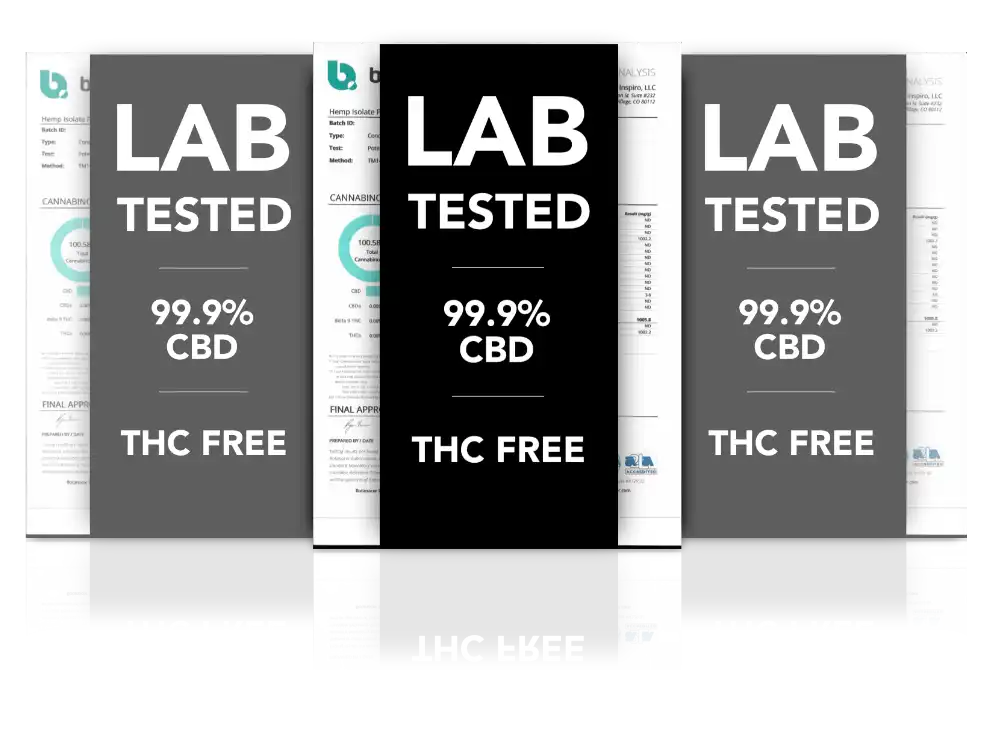Symptoms aren’t confined to flashbacks and nightmares
TABLE OF CONTENTS
- Introduction
- Understanding PTSD: The Inner Struggles
- The CBD Controversy in Treating PTSD
- Finding the Right Form: CBD for PTSD Management
- Risks and Reflections: Evaluating CBD's Impacts
- A Final Note on Starting Your CBD Journey
- Before boarding the CBD expedition, consider the following
- References
The narrative around PTSD (Post-Traumatic Stress Disorder) is evolving, and with good reason. Emerging therapies to treat it offer holistic avenues for managing PTSD—especially in cohorts such as military veterans, where PTSD rates are alarmingly high. Amid the potential treatments, CBD stands out, not only for its polarizing debates but also for the scientific intrigue it incites.
For veterans who've faced horrors most can't fathom, medical professionals dealing with the frontline realities of PTSD, and CBD enthusiasts eager to seek genuine insights—this is a holistic exploration backed by science and sensitivities.
Understanding PTSD: The Inner Struggles
PTSD isn't a narrative; it's an experience, often a living, breathing antagonist. It is the emotional and psychological aftermath of a traumatic event, something that shatters the core of an individual's peace and sense of security. Symptoms aren’t confined to flashbacks and nightmares; they can sprawl into a myriad of responses—hyper-vigilance, persistent re-experiencing, avoidance, negative alterations in cognition and mood, and beyond. It's a disorder that doesn’t solely inflict the individual; it impacts families, friends, and their wider support network.
Acknowledging the complexity of PTSD is the first step in any discourse on treatment. From cognitive therapies to pharmacological interventions, the approach must be tailored to the individual, fluid, and patient-centric.
The CBD Controversy in Treating PTSD
Shrouded in both sensationalism and skepticism, CBD's role in managing PTSD is a hotbed of opinions. Studies, albeit limited, have offered up intriguing possibilities. In 2018, a cohort study published in the Journal of Alternative and Complementary Medicine drew correlations between medical cannabis, which includes CBD, and a reduction in PTSD symptoms. The findings hinted at a decrease in nightmares and a significant decrease in hyperarousal in affected patients, leading to an improved quality of life.
But the crux is in deciphering if CBD alone, sans the entourage of cannabis compounds like THC, can replicate such results. A double-blind, placebo-controlled crossover study in 2019 pursued this with synthetic CBD. Although it didn't show a significant difference in primary outcomes, when combined with psychiatric co-treatments, synthetic CBD demonstrated statistical significance in addressing PTSD symptoms.
Finding the Right Form: CBD for PTSD Management
If CBD were a tool, its effectiveness would depend on the skill of the user handling it. Formulations range from tinctures and edibles to vapor oils, each carrying its own advantages when it comes to managing PTSD.
- Tinctures and Oils: These forms are lauded for their bioavailability, usually administered sublingually for swift absorption. For those looking for a discreet and portable option, a CBD tincture might be the preference.
- Edibles: Sustained effects with longer onset times make edibles a popular choice for those seeking lengthened relief without multiple administrations.
- Topical Options: While less commonly associated with internal struggles like PTSD, topical CBD creams could play a role in alleviating physical manifestations like inflammations and pain induced by the disorder.
Determining the most suitable form is a collaborative decision between individuals and their healthcare providers, balancing preferences with the condition's needs.
Risks and Reflections: Evaluating CBD's Impacts
Would any honest exploration on CBD be complete without looking at its risks and realities? While CBD is generally considered well-tolerated, a lack of standardization and regulation means quality can vary widely. There's also the chance of interactions with other medications, which should always be supervised by a healthcare professional.
Side effects, though mild, can include dizziness, lethargy, and dry mouth. On the contrasting breath, the potential diversion from pharmaceutical treatments that may carry more significant side effects must be acknowledged.
A Final Note on Starting Your CBD Journey
For those who've experienced PTSD, hope often materializes in the small victories—an uninterrupted night's sleep, a step into a crowded room minus the tremors, a breath not laced with the acrid taste of adrenaline. Could CBD potentially be a catalyst for these moments of respite? Preliminary evidence points to that.
Before boarding the CBD expedition, consider the following:
- Transparency and Trust: Lean on companies transparent about origins, extractions, and third-party testing. Trust is pivotal in sourcing your supplements.
- The Support of Science: CBD isn't a panacea. It's part of a larger puzzle, one that science is still piecing together. Be open to combining therapies for optimal results.
- Communication is King: Keep the dialogue with healthcare providers open. They're the cartographers guiding this multifaceted terrain.
- Personal Guardianship: Listen keenly to your body and mind's response. They're the ultimate validators.
In tandem with these points, safety, and abidance with legal frameworks in your region are non-negotiables. This landscape is replete with charlatans, and our mission isn't just to illuminate the path but to safeguard your steps upon it. Always use CBD Isolate that has been lab tested for purity.
To our veterans and heroes bearing the brunt of PTSD, may this be a beacon in your quest for peace. To the advocates and medical professionals, may the pursuit of knowledge buoy your tireless battles. To the curious minds navigating CBD's enigma, may wisdom carve your explorations.
References
- Journal of Alternative and Complementary Medicine - Cannabis and PTSD: This study, published in 2018, explores the association between medical cannabis usage and reductions in PTSD symptoms.
- Clinical Trials on Synthetic CBD for PTSD Management - A double-blind, placebo-controlled crossover study conducted in 2019 that investigates the effectiveness of synthetic CBD in conjunction with psychiatric treatments in reducing PTSD symptoms.
- World Health Organization (WHO) - Provides information on CBD's general tolerability and safety profile, highlighting the potential side effects and interactions with other medications.
- American Psychological Association (APA) - Offers resources on PTSD, its impact on individuals, and the current state of research regarding alternative treatments, including CBD.
- U.S. Food and Drug Administration (FDA) - Regulations and warnings about CBD products, underscoring the importance of quality, labeling, and cautious consumption.
 John "Johnny P" Pacheco
John "Johnny P" Pacheco
The founder of Inspiro, LLC – "Johnny P" — is committed to offering the finest quality products at reasonable prices. In fact, we test every batch of CBD for purity. Our focus is on CBD Isolate and related products that are THC-free, as well as education and learning about CBD and its uses and impact on our lives.





